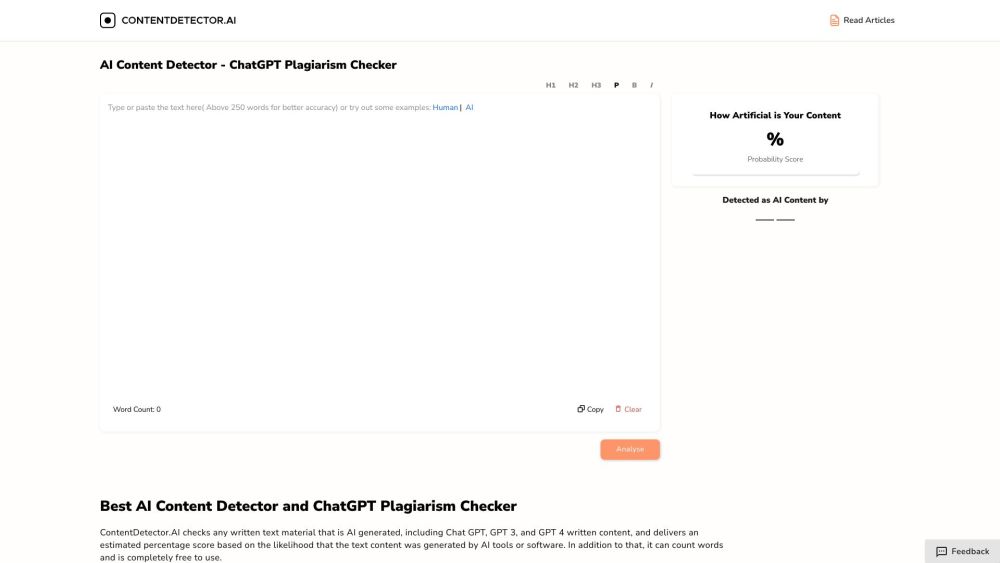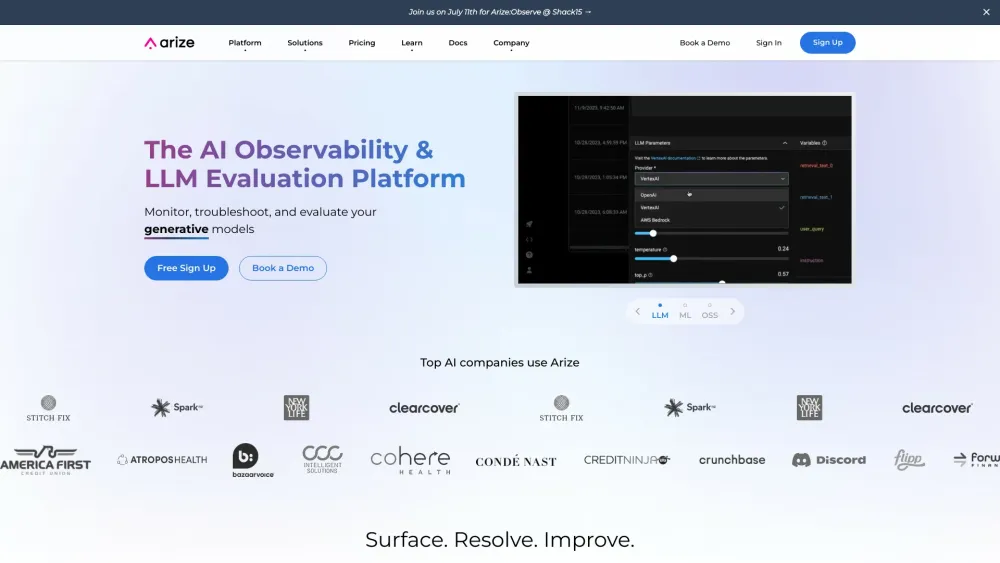Tupac Shakur’s estate is confronting Drake over the unauthorized use of the late hip-hop icon's voice in a Kendrick Lamar diss track. Attorney Howard King, representing Shakur's estate, issued a cease-and-desist letter declaring Drake’s use of Shakur's voice a “flagrant violation” of Tupac’s publicity rights and the estate’s legal authority.
Drake released the diss track “Taylor Made Freestyle,” which targets Kendrick Lamar—Shakur’s long-time friend and collaborator—amid an ongoing feud that has lasted over a decade. In the track, a digitally generated voice of Tupac raps, “Kendrick, we need ya, the West Coast savior / Engraving your name in some hip-hop history,” suggesting Lamar’s apprehension about the surrounding publicity.
The cease-and-desist letter further emphasized that Drake has less than 24 hours to remove the track or risk legal action from the estate. King expressed the estate’s disappointment, stating that the use of Tupac’s voice against Kendrick, who has shown nothing but respect for the late artist's legacy, amplifies the insult.
“The Estate is deeply dismayed by your unauthorized use of Tupac’s voice and personality,” King wrote. “This record is not only a violation of Tupac’s rights but also an abuse of the legacy of one of hip-hop's greatest artists. The Estate would never have approved this use.”
In “Taylor Made Freestyle,” AI technology was also used to mimic Snoop Dogg's voice. Following the release, Snoop appeared unaware of the track, expressing confusion in a social media post. His management was contacted for comments on the issue, but no response was received at the time.
The situation highlights the irony surrounding Universal Music Group (UMG), Drake’s label. Previously, UMG had sought to remove the AI-generated track “Heart on My Sleeve” due to its unauthorized use of Drake’s and The Weeknd’s voices. The lack of a clear stance on AI-generated voices in “Taylor Made Freestyle” raises questions about the label's commitment to artists’ rights versus financial interests.
Legal frameworks regarding AI-generated voices are currently ambiguous. While Tupac’s estate claims these actions violate California’s publicity rights, federal copyright laws do not definitively address the use of AI voices. Recently, Tennessee enacted the ELVIS Act, which criminalizes the unauthorized copying of an artist’s voice, but this legislation does not apply to the parties involved in this dispute.
In January, bipartisan legislators introduced the No AI FRAUD Act to tackle unauthorized voice cloning, but no further action has been taken. King’s cease-and-desist letter requests an explanation from Drake regarding how the AI sound-alike was created and the entities involved in its production.




